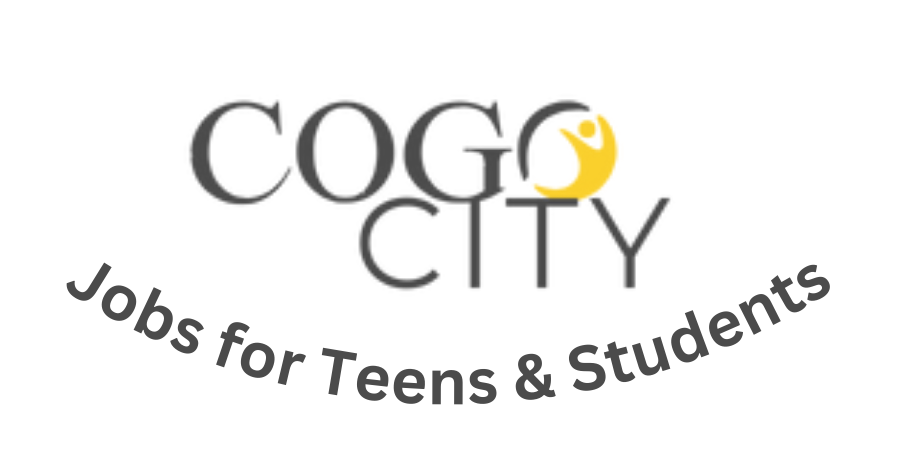
Thriving in the AI Revolution: How Students Can Prepare for the Future of Work
The world is witnessing a rapid expansion in the AI infrastructure market, with projections showing a remarkable increase from $56.98 billion in 2024 to $74.06 billion in 2025—a compound annual growth rate (CAGR) of 30.0%. This explosive growth is driven by factors such as massive data generation, advancements in deep learning technologies, and a growing demand for real-time processing.
As AI continues to permeate various industries, it brings both transformative opportunities and challenges to the workforce, particularly for those preparing to enter the job market. Below, we outline the implications of this trend and provide actionable advice to help students and young professionals thrive in this evolving landscape.
Implications for Entry-Level Jobs
The rise of AI infrastructure is reshaping the job market in profound ways, especially for entry-level positions:
- Job Displacement: Certain roles traditionally filled by young professionals, such as administrative assistants, customer service representatives, and retail cashiers, are at risk of being automated. This shift underscores the need to pivot toward more future-proof career paths.
- Skill Shift: Even entry-level roles are evolving to require AI-related skills. Proficiency in tools like Python, TensorFlow, PyTorch, and an understanding of natural language processing (NLP) are increasingly sought after.
- New Opportunities: While some jobs may diminish, others are emerging in their place. Entry-level roles like Junior Data Analyst or Junior Software Engineer—particularly those with an AI focus—are gaining prominence.
What This Means for Graduating Students
The transition to an AI-driven job market is both a challenge and an opportunity for students entering the workforce. Here’s what this means for you:
- Skill Development: Building AI-specific expertise is no longer optional—it’s essential. Pursue certifications or online courses in machine learning, data science, and AI technologies to remain competitive.
- Adaptability is Key: As roles evolve rapidly, adaptability will be a critical success factor. Embrace lifelong learning and continuously refine your skill set to align with industry demands.
- Awareness of Emerging Roles: AI is giving rise to new career opportunities. Roles such as AI Engineers, Data Scientists, and Machine Learning Engineers are becoming indispensable across industries like healthcare, finance, and marketing.
- Interdisciplinary Advantage: Combining technical skills in AI with domain-specific knowledge—whether in healthcare, marketing, or another sector—can give you a unique edge in the job market.
Strategies for Success in an AI-Driven World
Here are some actionable strategies to help you navigate the changing job market and seize the opportunities created by AI growth:
- Pursue Relevant Education: Focus on programs and courses that offer a solid foundation in AI and machine learning. Many universities and online platforms provide specialized AI tracks.
- Gain Practical Experience: Internships, part-time roles, and projects that involve hands-on AI work are invaluable. They not only enhance your resume but also give you practical skills employers seek.
- Develop Soft Skills: While technical abilities are critical, don’t overlook soft skills like problem-solving, communication, and adaptability, which remain highly valued.
- Stay Informed: The AI field evolves quickly. Keep up-to-date with the latest developments and applications in AI to identify trends and new opportunities.
- Build a Network: Attend conferences, participate in online AI forums, and join professional associations to connect with industry experts and peers. Networking can open doors to mentorships and job opportunities.
Final Thoughts
The rapid growth of AI infrastructure is reshaping the job market in unprecedented ways. While some traditional roles may decline, those who proactively embrace change and develop the necessary skills will find themselves at the forefront of exciting opportunities.
For students and young professionals, the message is clear: Invest in yourself by acquiring relevant AI knowledge and staying adaptable. By doing so, you’ll position yourself not just to survive but to thrive in an AI-driven world, turning potential challenges into opportunities for long-term career success.
The future belongs to those who are ready to learn, innovate, and adapt. Make sure you’re one of them.

